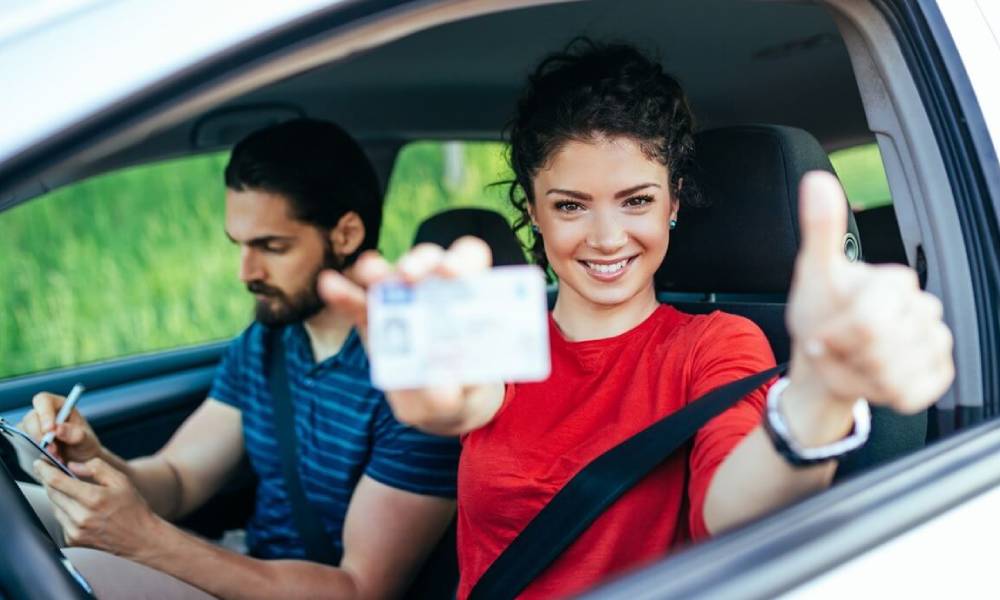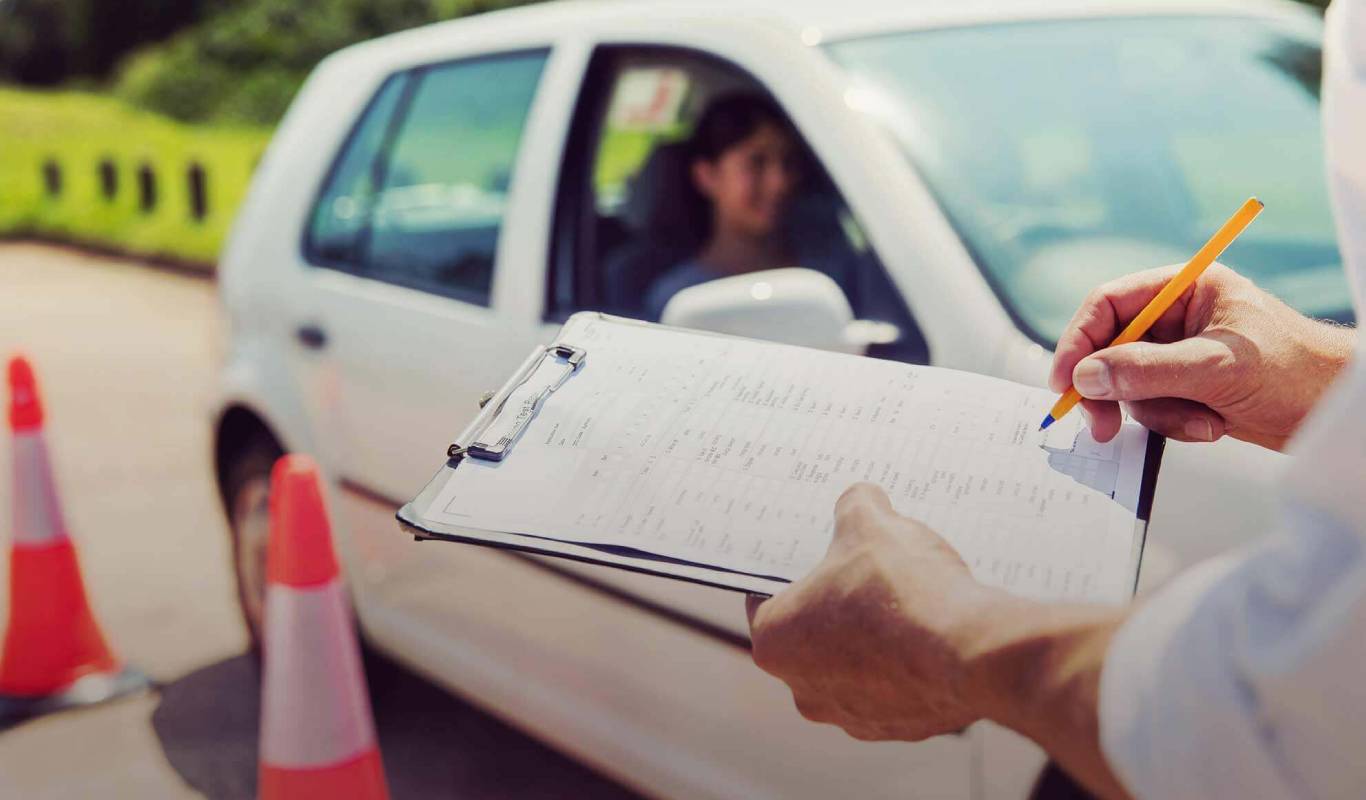Booking Practical Driving Test
Booking your practical driving test is very easy. Primarily, you can book by visiting the official website of the Driver and Vehicle Standards Agency (DVSA) and booking online. On the other hand, you can book your test on your phone. Well, both ways are easy. Let’s look into the details of how they work.Online Driving Test Booking
Benefitting from the internet to book your driving test is the quickest way. Simply you have to visit the website of https://www.gov.uk/book-driving-test. During any time between 6 am to 11:40 pm and book a slot for your test. However, there are some key considerations that you have to book your test 24 weeks in advance along with the due credentials, which include- provisional driving licence number
- debit/credit card
- reference number of your driving instructor
- A tenure of at least 185 days spent in England, Scotland or Wales in the last 12 months.
Booking Test on Phone
In order to book your driving test, you can call the helpline service of DVSA via dialling 0300 200 1122. This helpline service remains available Monday to Friday from 8 am to 4 pm. Again, you need the same credentials for booking via phone that you need for online booking.
Tips for Successful Practical Driving Test
For further guidance, go through these helpful tips for preparing and passing your test with flying colours. Find a Local Instructor: If you need additional driving lessons, find a qualified instructor near you through the DVSA-approved driving instructor directory. Mock Test Support: Take advantage of websites and apps that offer mock driving tests to practice and familiarise yourself with the test format. Confidence Building: If you struggle with nerves or anxiety, consider seeking advice from a driving psychologist or therapist to build your confidence. Hazard Perception Practice: Use official DVSA practice tests or apps to practice hazard perception skills. Driving Test Route Videos: Search for videos online that show common driving test routes in your area, so you can practice them beforehand. Relaxation Techniques: Learn relaxation techniques to manage stress and stay calm during the test. DVSA Helpline: For general inquiries and information about the practical driving test, you can contact the DVSA (Driver and Vehicle Standards Agency) helpline at 0300 200 1122.Conclusion
Passing a practical driving test brings the freedom of driving a vehicle of your choice on all the busy or adventurous roads; however, it requires the fulfillment of certain parameters that pave the way to getting a driving certificate. Additionally, you must keep yourself fully prepared so that you may benefit from your test opportunity.
FAQs
The average time needed for a driving test is almost 40 minutes. Prior to this, you have to pass an eyesight test where you are required to read the number plate of a vehicle from a distance of 20 metres.
Table of Contents
ToggleIt is permitted to use your own car for the practical driving test; however, there are some requirements:
- Your car must have clearance from the tax department
- The car must have all the key accessories, L-plate on the front and rear side extra interior rear-view mirror for the examiner.
- You should ask your insurer whether you can use your car for a practical driving test.
- The car should give clear examiner all-round vision as some of the vehicles are unable to do so.
Failing to comply with any one of the conditions makes you ineligible to use your car.
The cost of a driving test in England, Scotland, and Wales is £62 from Monday to Friday, whereas other than working days; the cost is £75 on bank holidays and weekends.
The practical driving test is a demonstration of your expertise in driving, handling skills, manoeuvring tactics around twists, performing an emergency stop and efficient parking.
The independent driving test is an examination to evaluate your driving skills. This test lasts 20 minutes, and you must duly follow all the road safety signs and directions to show your driving skills.
If you’ve failed the practical driving test, don’t lose heart. Around half of the UK’s 440,000 annual tests end in failure. The examiner will explain your mistakes and provide a report via email. You can use this feedback to improve for the next test.
You’ll need to book a new date online or over the phone to retake the test, with at least a 10-day gap from the previous attempt. Taking extra time to work on weak areas is advisable. If you believe the test was unfairly graded, you can appeal to the DVSA. Appealing to the DVSA cannot revert the results of your test; however, you will be repaid.



